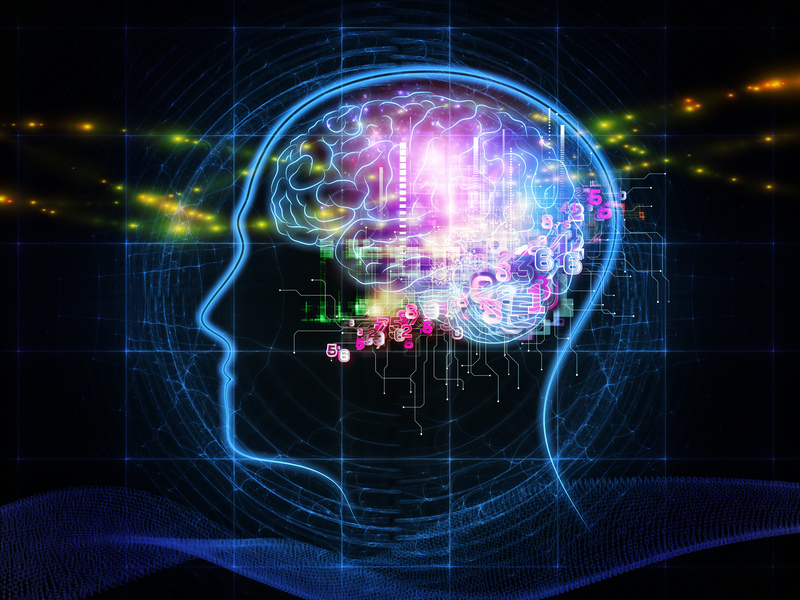Hardware is the key to winning the artificial intelligence race, says GlobalData
Major wireless tech companies are in a race to develop artificial intelligence (AI) to lock users into their respective ecosystems and many are discovering they can’t compete effectively in AI without investments in hardware, according to GlobalData, a leading data and analytics company.
AI is where tomorrow’s tech money is. The technology learns our wants and how to anticipate our needs before we do, making useful suggestions and transactions on our behalf.
Lynnette Luna, Technology Analyst at GlobalData comments, “Third-party business partners will be able to engage directly with consumers to drive sales and increase advertising revenue. This is why we are now seeing a spate of hardware announcements from the likes of Amazon, Snap, and Google.”
For Amazon, a wider array of Echo Alexa-enabled products will help establish the company’s AI platform as a driver of e-commerce and services in the home.
Google has the Android mobile operating system, however it can’t rely entirely on its original equipment manufacturer partners to push the company’s software and services and has therefore moved further into the hardware space.
Luna continues: “Google has recently expanded its hardware line significantly with two new phones, speakers and cameras. The company is almost certainly aiming to incorporate
its key AI product Google Assistant into all of these products, to some degree or another.”
Even messaging app Snap sees the value of hardware in furthering its ephemeral messaging platform.
Spectacles, Snap’s colorful sunglasses with an integrated video camera capable of taking a day’s worth of Snaps and transferring them to the Snapchat app, represents Snap’s first foray into hardware. The move is largely experimental, with recent reports confirming a small uptake of the product so far.
The move is largely experimental, with recent reports confirming a small uptake of the product so far.However, Snap has continued to show signs that it intends to keep developing new hardware products with the company has reportedly holding talks with a number of consumer drone start-ups.
Going forward, hardware will very much become an important part of tech ecosystems that aim to draw users in, and give them new experiences centred around AI, augmented reality (AR) and virtual reality (VR).
Luna adds, “Some products may need to go through several iterations and companies like Amazon and Google, which draw their primary revenue from online commerce and advertising, can afford to release hordes of new smart products to discover what will be successful."
